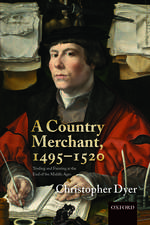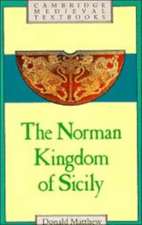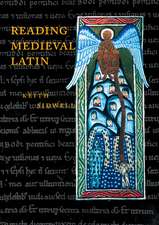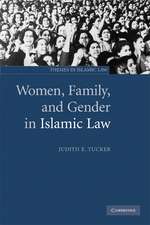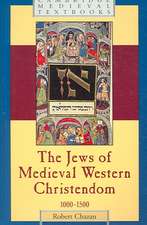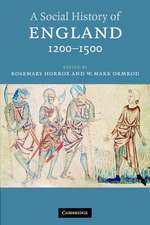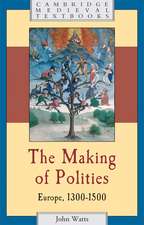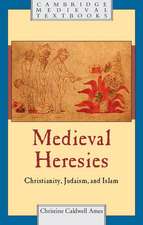Portuguese Oceanic Expansion, 1400–1800
Editat de Francisco Bethencourt, Diogo Ramada Curtoen Limba Engleză Paperback – 29 apr 2007
| Toate formatele și edițiile | Preț | Express |
|---|---|---|
| Paperback (1) | 351.33 lei 6-8 săpt. | |
| Cambridge University Press – 29 apr 2007 | 351.33 lei 6-8 săpt. | |
| Hardback (1) | 515.40 lei 6-8 săpt. | |
| Cambridge University Press – 29 apr 2007 | 515.40 lei 6-8 săpt. |
Preț: 351.33 lei
Nou
67.23€ • 70.19$ • 55.64£
Carte tipărită la comandă
Livrare economică 04-18 aprilie
Specificații
ISBN-10: 0521608910
Pagini: 558
Ilustrații: 6 tables
Dimensiuni: 152 x 229 x 32 mm
Greutate: 0.77 kg
Editura: Cambridge University Press
Colecția Cambridge University Press
Locul publicării:New York, United States
Cuprins
Recenzii
"...this is a well-balanced book, whose articles fulfill the goals set in the introduction. Its value goes beyond the general information it provides about Portuguese expansion, offering excellent insight and an innovative framework for further research on this theme." -Catia Antunes, H-Atlantic this theme.
"The field of early modern Portuguese global history has long lacked a solid one-volume overview in English." -Timothy J. Coates, Journal of World History
"Portuguese Oceanic Expansion, 1400-1800 has fulfilled the aims of the editors and writers very well. it provides a well-balanced, modern, and interdisciplinary volume that is open to a diversity of opinions and approaches. Personally, I would like to extend warm thanks to the authors and editors of this volume for their valuable work."
Canadian Journal of History, Jakub Basista, Jagiellonian University-Poland
Descriere
A unique overview of Portuguese oceanic expansion between 1400 and 1800, the essays in this volume treat a wide range of subjects - economy and society, politics and institutions, cultural configurations and comparative dimensions - and radically update data and interpretations on the economic and financial trends of the Portuguese Empire. Interregional networks are analysed in a substantial way. Patterns of settlement, political configurations, ecclesiastical structures, and local powers are put in global context.
Language and literature, the arts, and science and technology are revisited with refreshing and innovative approaches. The interaction between Portuguese and local people is studied in different contexts, while the entire imperial and colonial culture of the Portuguese world is looked at synthetically for the first time. In short, this book provides a broad understanding of the Portuguese Empire in its first four centuries as a factor in world history and as a major component of European expansion.







